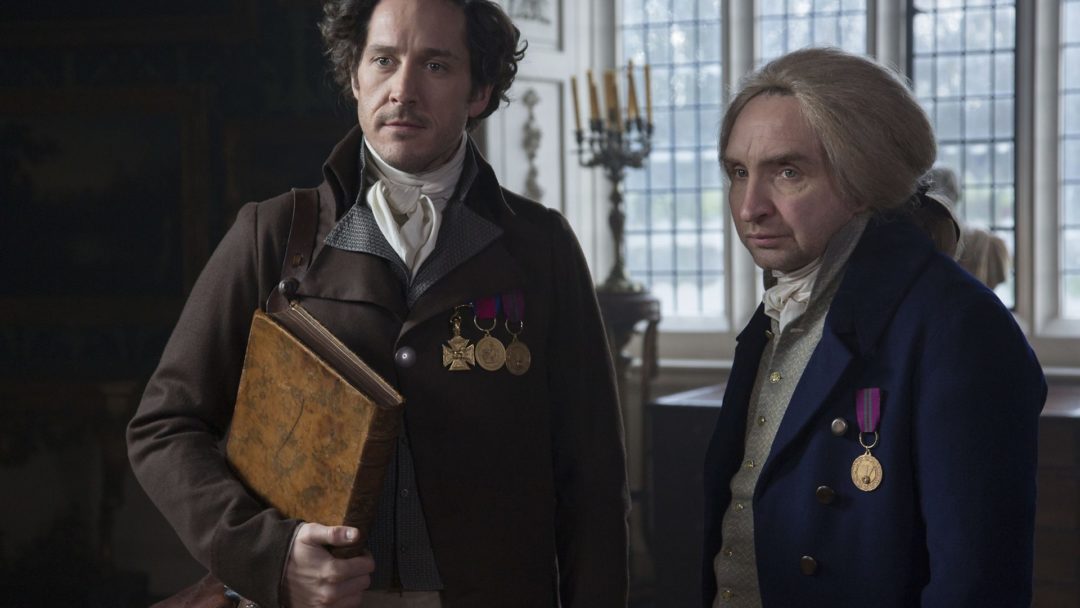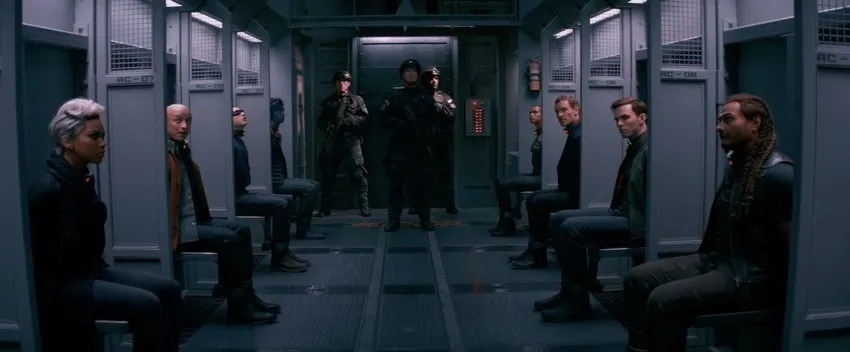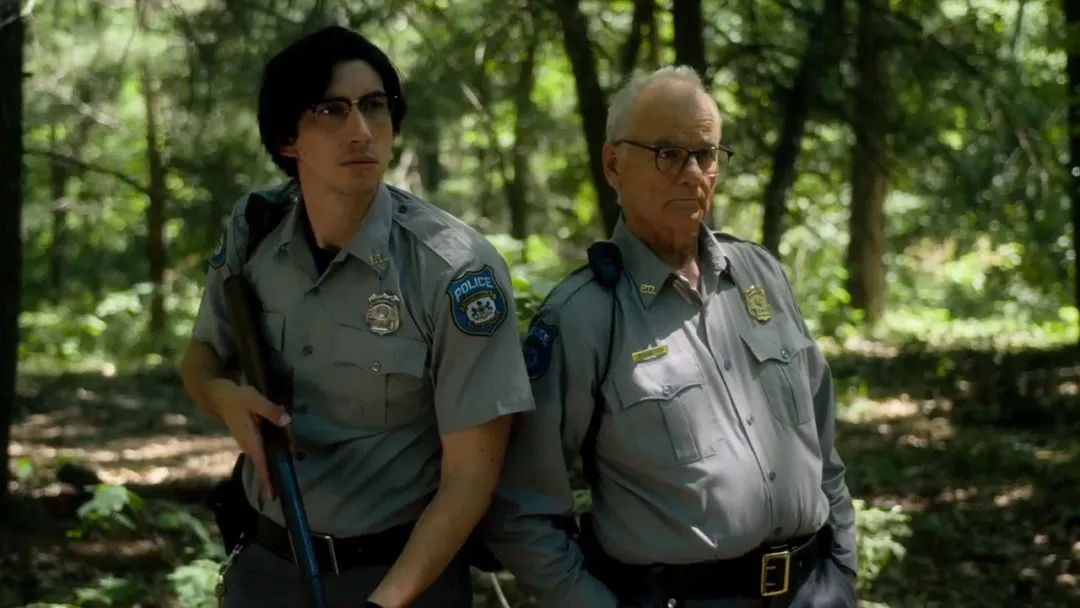Genre fiction and literary fiction are mortal enemies locked in eternal struggle, one firing deadly laser blasts, the other responding with withering nuanced sneers. Climax battles anticlimax, anticlimax has discussions with climax that are rich in ambiguity. Never can the two be reconciled.
Or can they?
Susanna Clarke’s 2004 novel Jonathan Strange & Mr Norrell famously thinks they can. A sprawling 1,000-page epic, Clarke’s debut mixes the improbable and the mundane, a barbaric yawp with a civilized murmur. It insists that literary fiction and genre are best when there is commerce — and/or mystical ties — between them.
Jonathan Strange and Mr Norrell is set in an alternative early 19th century England in which magic is real but the practice of it has been broadly forgotten. Strange and Norrell are the foremost magicians of their age and their quest to return magic to the land has elements of epic fantasy, comedy of manners, gothic pulp, and historical fiction.

The contrast between low art adventure and high art pretension is blatantly and slyly embodied by the two main characters themselves. The bland Norrell is the avatar of literary fiction; he wants to domesticate wild, lower class magic and turn it into a “respectable profession.” In contrast, Norrell’s pupil, the evocatively named Strange, takes magic to the Battle of Waterloo and boldly walks the paths of Faerie. Obviously, romping in Faerie is a lot more fun than moldering in a respectable profession, so it’s no wonder that Strange is effectively the hero of the novel with Norrell serving as a kind of fuddy-duddy antagonist.
Their conflict is framed, specifically, as a struggle between literary fiction elitism and genre fiction populism. Norrell is a “miser of magic instead of gold” who wants to keep all knowledge, specifically all books of magic, to himself. He forces other potential magicians into contracts whereby they swear to stop studying magic. He also races about England buying up all the books of magic for his own library, which he refuses to share with anyone else. His terrified realization that he must share his books with his pupil Strange is one of the muted high points of the novel.
“After a short silence Strange said, ‘You advise me to read this book?’
“Yes, indeed, I think you should read it,” said Mr. Norrell.
“Strange waited, but Norrell continued to gaze at the book in his hand as though he were entirely at a loss as to how to proceed. ‘Then you must give it to me, sir,’ said Strange gently.
When Strange publishes his own book of magic, Norrell actually casts a spell to make every copy disappear. Books are only for the respectable, the elite, the initiated. They must be hoarded for the best people, lest the rabble get ideas. Strange wants to widely share both ideas and magic. “England is full of magicians!” he exclaims. “Hundreds! Thousands perhaps! Norrell refused them. Norrell denied them. Norrell silenced them. But they are magicians nonetheless.” Like genre fiction, magic belongs to everyone and charges the world with life, excitement, and adventure.
Clarke encourages you to root for her genre champion to be free to thunder across the moors on a snorting black stallion. But she’s also sympathetic to Norrell and his skepticism. Literary fiction can be boring, but fantasy has its own kind of tedium.
Norrell’s worst sin in the book isn’t his dry-as-dust refusal of magic but the one instance where he decides to embrace it. Faced with a chance to advance his own career by bringing the wife of an important member of Parliament back to life, he summons the fairy known as “the gentleman with thistledown hair.” Said fairy proceeds to kidnap a number of mortals, including Strange’s wife Arabella, for his entertainment, sweeping them off to a fairy dance where they spin and bob and curtsy in enchanted finery forever.
The gentleman takes a particular liking to a butler named Stephen Black, whose life becomes a misery of miracles and a weariness of wonder. He can’t walk down the street without being showered with gold or magic swords; the gentleman with thistledown hair informs him, to his horror, that it is his fate to murder a king and take his place. Stephen is like a man who is forced to do nothing all day but watch Star Wars movies until he longs for the variety that would come from sitting at a desk and filling out insurance forms.
Clarke also sees the allure in low-key lit fic blandness. One of the most idiosyncratic and affecting parts of the novel is the relationship between Strange and Arabella. They’re mostly happy together, though their marriage is strained by the danger Strange’s obsession with magic puts him in,. Strange plunges into grief when the thistledown man kidnaps Arabella and the magician thinks she is dead.
This sounds like a somewhat familiar genre story about a woman who needs saving and the daring man who rescues her. That is more or less the version that is told in the BBC miniseries adaptation of the novel, where the romance between Strange and Arabella is the central storyline. At the end of the series, he sacrifices himself for her, setting up a melodramatic, tear-jerking final parting. It’s a crowd-pleaser.
The storyline in the novel is much more ambivalent. Arabella’s role in the book is less prominent throughout and while Strange does rescue her, he doesn’t exactly sacrifice himself. Instead, the two separate because Strange is under a curse to always live with a literal black cloud following him. After escaping one enchantment, Arabella doesn’t want to live with another. “She did not offer to go into the Darkness with him, and he did not ask her.” She promises to wait for him, but he tells her not to wear black or mourn. It’s romantic and sad, but it’s a wavering, sad romanticism — a lit fic parting.
Norrell is cursed to stay with Strange in the black cloud too; the former enemies are now colleagues, friends, and constant companions. Their enchanted idyll involves erudite seclusion. “Think of me with my nose in a book!” Strange tells Arabella before he leaves her.
The two men in their dark tower will sit side by side reading, one with a respectable tale in which nothing happens, one with a rip-roaring story of war and magic and romance. Every so often they may switch volumes so the magic and the prosaic get mixed up together. Clarke knows that books, and lives, are best when they have a bit of both.




